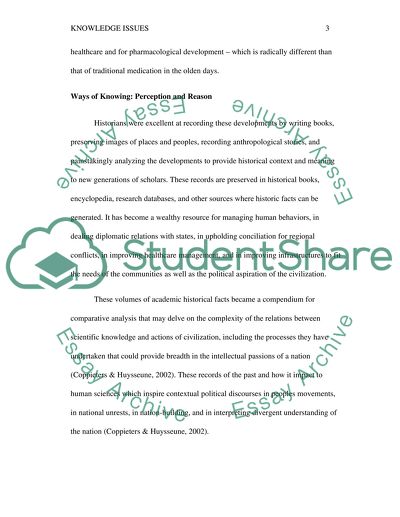Cite this document
(“Knowledge Issues: History and Human Sciences Essay”, n.d.)
Retrieved from https://studentshare.org/psychology/1498794-the-historian-s-task-is-to-understand-the-past-the
Retrieved from https://studentshare.org/psychology/1498794-the-historian-s-task-is-to-understand-the-past-the
(Knowledge Issues: History and Human Sciences Essay)
https://studentshare.org/psychology/1498794-the-historian-s-task-is-to-understand-the-past-the.
https://studentshare.org/psychology/1498794-the-historian-s-task-is-to-understand-the-past-the.
“Knowledge Issues: History and Human Sciences Essay”, n.d. https://studentshare.org/psychology/1498794-the-historian-s-task-is-to-understand-the-past-the.


